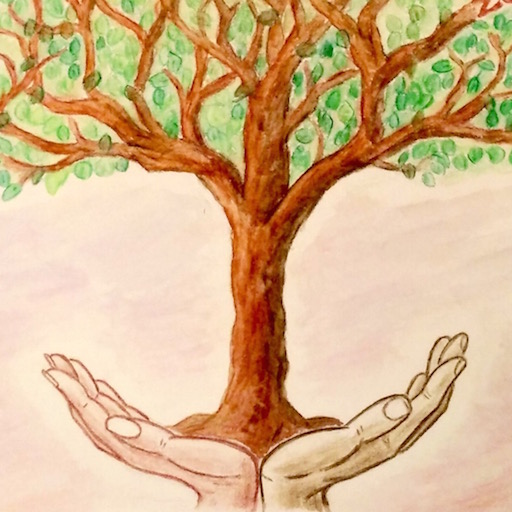In the Contemplative Scientific Collaboration project, we recognize the benefits of dedicated contemplative practice, rigorous scientific research, and skillful collaboration – and seek to unite them into a novel, comprehensive, coherent framework in order to foster a more compassionate, collaborative contemplative scientific culture for the sake of all sentient beings. We approach this goal by learning from available sources of knowledge and experience, and by cultivating skillful best practices in these domains, guided by a set of core values.
Please find our latest materials under the Resources tab.
What is the current issue?
In scientific research, individuals and groups often face impediments such as highly competitive environments characterised by the apparent scarcity of resources, visibility, expertise, and manpower. As a consequence, researchers are regularly incentivized to invest much time and energy in the systemic overhead of runaway competition, struggling for a larger share of the same limited resources, as if repeatedly re-inventing a (broken) wheel. By necessity, these individuals must divert their time and energy from the research that they actually deeply care about.
Under chronic publication and career pressure this can give rise to studies with limited statistics, reduced significance of results, publication biases, replicability issues, and researchers’ burnout – to name but a few possible consequences, being potentially harmful for involved individuals as well as for science, humanity and our planet.
Is there a solution?
We believe that these limitations can be overcome within a well-coordinated, inclusive, contemplative, collaborative environment that optimizes efficient use of resources through a shared infrastructure and skillful best practices. However, despite its great potential benefits, such forms of deep collaboration are everything but easy to accomplish: they demand ongoing dedication, diligence, skill, humility, and (ultimately) healthy relationships among and between involved individuals and groups. This presents a unique challenge and opportunity at the same time.
For example, in the emerging field of Contemplative Science, such a culture of collaboration can be worked towards by scientists, educators, clinicians and other professionals, as well as contemplative practitioners themselves. What might be a suitable model of successful collaboration that can support this endeavor?
A CERN-inspired model of scientific collaboration …
Turning the lens onto scientific collaboration, we find that a highly successful implementation of a large-scale collaborative framework has been demonstrated over recent decades by research communities around the Large Hadron Collider at CERN. The “CERN model of scientific collaboration” implements a variety of practices, methods, tools and views, including consensual languages, shared data and expertise, slow science and detailed internal peer-review processes, which are also necessitated by the complex experimental conditions in order to enable precision studies in the domain of particle physics.
In recent years, several conversations have emerged about how the “CERN model of scientific collaboration” can benefit society and humanity. Can the best practices developed at CERN be utilized as template models to support other domains, including the reform that we propose here? We ask the specific question:
How can the CERN model of scientific collaboration be translated into the novel framework of a Contemplative Scientific Collaboration?
… for Contemplative Science (and beyond)
The highly interdisciplinary domain of Contemplative Science faces challenges beyond those found in physics, but also allows to leverage additional resources rooted in contemplative practice itself. We are beginning to explore the feasibility of establishing a more inclusive collaborative framework for Contemplative Science over the coming decades, starting with exploratory dialogues among contemplative researchers, physicists, Open Science supporters, and representatives of other communities.
These explorations might also inspire other fields of inquiry and even give rise to entirely new fields, while helping gradually transform the prevailing cultural and societal narratives from separation/scarcity towards greater compassion and interdependence.
Do you want to participate?
How could our initiative possibly serve you to meet your specific needs as a researcher, practitioner, educator, etc.? Please let us know!
